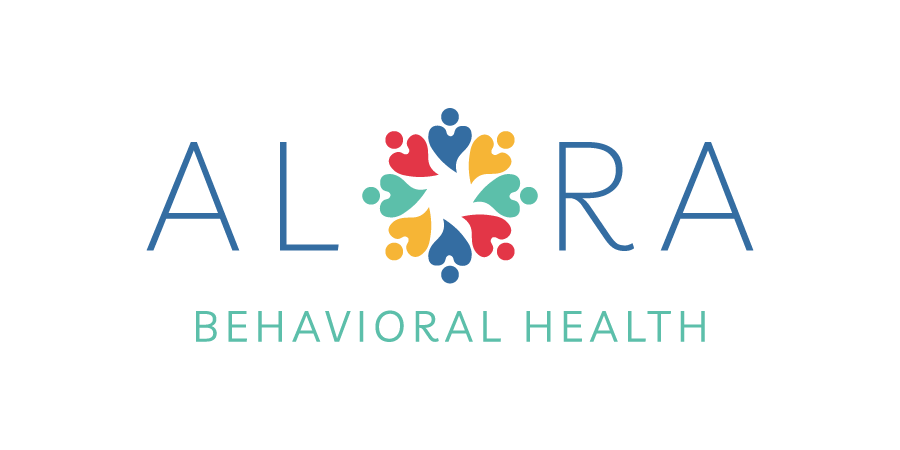Integrating ABA Techniques into Daily Routines: A Guide for Parents

For parents of children with developmental challenges, every day presents opportunities for growth and learning. Applied Behavior Analysis (ABA) offers effective strategies for improving behavior and learning new skills. However, the true power of ABA is often realized when these techniques are seamlessly integrated into daily routines. This guide provides practical advice for parents on […]
Overcoming Common Challenges in ABA Therapy: Tips for Practitioners and Families

Applied Behavior Analysis (ABA) therapy is a powerful tool in assisting individuals with developmental disabilities to achieve personal growth and learning. However, like any therapeutic process, ABA therapy comes with its own set of challenges. Addressing these hurdles proactively can significantly enhance the effectiveness of the therapy. This blog explores common challenges encountered during ABA […]
The Role of Family in ABA Therapy Success: Engaging Parents and Siblings

Applied Behavior Analysis (ABA) therapy is a leading treatment, aimed at helping individuals with autism and other special needs improve social, communication, and learning skills. While the therapists play a crucial role, the engagement of family members, particularly parents and siblings, can significantly amplify the therapy’s effectiveness. This blog explores the vital role families play […]
Alora Expands to San Diego: Bringing Trusted ABA Therapy to a New Community

We’re thrilled to announce a significant milestone for Alora as we expand our services to the vibrant community of San Diego! This expansion is a testament to our commitment to providing top-tier ABA therapy and support to families and individuals in need. Expanding Our Reach At Alora, we’ve always been driven by a passion to […]
Overcoming Challenges: How ABA Therapy Helps Children with Behavioral Issues Thrive

Parenting is a rewarding yet challenging journey. When your child faces behavioral issues, it can feel overwhelming. You may be wondering, “What’s causing this behavior?” and “How can I help my child learn to manage it?” At Alora Behavioral Health, we understand these concerns. If you’re looking for effective strategies to support your child’s development, […]
Building Bridges: How ABA Therapy Promotes Social Skills and Community Integration

Social interaction is a fundamental human need. It allows us to connect with others, build friendships, and participate actively in our communities. However, for individuals with autism spectrum disorder (ASD) and other developmental disabilities, social interaction can present significant challenges. At Alora Behavioral Health, we believe that everyone deserves the opportunity to build meaningful connections […]
The Heart of the Matter: Why a Career in ABA Therapy is Incredibly Rewarding

Are you searching for a career that allows you to make a genuine difference in the lives of others? If so, then a career in ABA therapy might be the perfect fit for you. At Alora Behavioral Health, we understand that choosing a career path is a big decision. We believe that ABA therapy offers […]
Navigating the Journey: A Parent’s Guide to ABA Therapy

For parents of children with autism spectrum disorder (ASD) or other developmental disabilities, the search for effective treatment can feel overwhelming. You may have come across the term ABA therapy, but what exactly is it, and how can it benefit your child? Alora Behavioral Health is here to guide you on this journey. In this […]
Exploring ABA Therapy for Adults with Developmental Disabilities

Applied Behavior Analysis (ABA) therapy is often associated with children on the autism spectrum, but its scope extends beyond childhood. ABA therapy has proven to be highly beneficial for adults with developmental disabilities, helping them achieve greater independence, improve their quality of life, and address specific challenges they may face. In this blog, we’ll explore […]
Beyond Behavior: ABA Therapy’s Impact on Social and Communication Skills

Applied Behavior Analysis (ABA) therapy has proven to be an invaluable tool for individuals with developmental and behavioral challenges. While its primary goal is often seen as addressing challenging behaviors, ABA therapy goes far beyond that. It can profoundly impact social and communication skills, allowing individuals to connect, communicate, and engage more effectively with the […]


